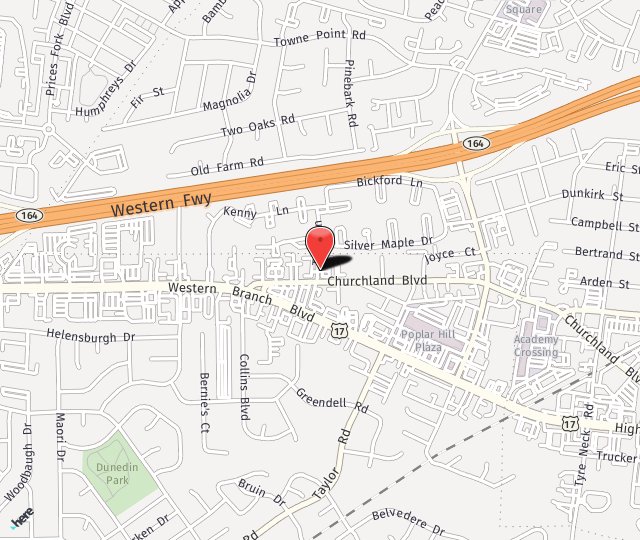
Nighttime driving is a visually demanding task that can be made more difficult with changes in vision. Even subtle declines in vision can make driving in the dark problematic and eventually, it becomes something that we avoid. Most of my patients aren’t aware of a decrease in vision and they can’t pinpoint a decision to stop driving at night, it’s just something that happened over time.
The two most common causes of decreased night vision are refractive error (the need for glasses) and cataracts.
The most common type of refractive error is myopia or near-sightedness. Near-sighted individuals require glasses or contacts early in life and they rarely have this gradual night vision problem. Since they are having regular eye exams and updating their prescription, they are unlikely to have any untreated deterioration in their vision.
The situation is much different with hyperopia or far-sightedness. Far-sighted individuals can have clear distance vision due to the focusing mechanism intrinsic to their eyes. They often do not require glasses until their focusing mechanism starts to decline in mid-life. As this is a gradual process, it can go undetected by the individual. Nonetheless, the decline in vision can result in behavioral changes, such as the avoidance of night driving. Fortunately, far-sighted eyes can be corrected with glasses just as easily as near-sighted ones, allowing these patients to engage in the activities that they had previously abandoned.
Cataracts can be another cause of gradual vision loss and not surprisingly, night driving symptoms and night driving avoidance are frequently caused by mild to moderate cataracts. Fortunately modern technology and surgical techniques can easily correct cataracts and improve night vision. This is a safe, smooth and rewarding process for the vast majority of patients.
Humans are social creatures by nature and many events such as parties, sporting events, theatrical productions, concerts and shows, require a drive in the dark. If you are having difficulty with your night vision or have gradually started to avoid driving at night, see your eye doctor. Do not allow visual decline to prevent you from experiencing all of the opportunities for fun and enrichment that life has to offer.
Author: Michael Keverline, MD


